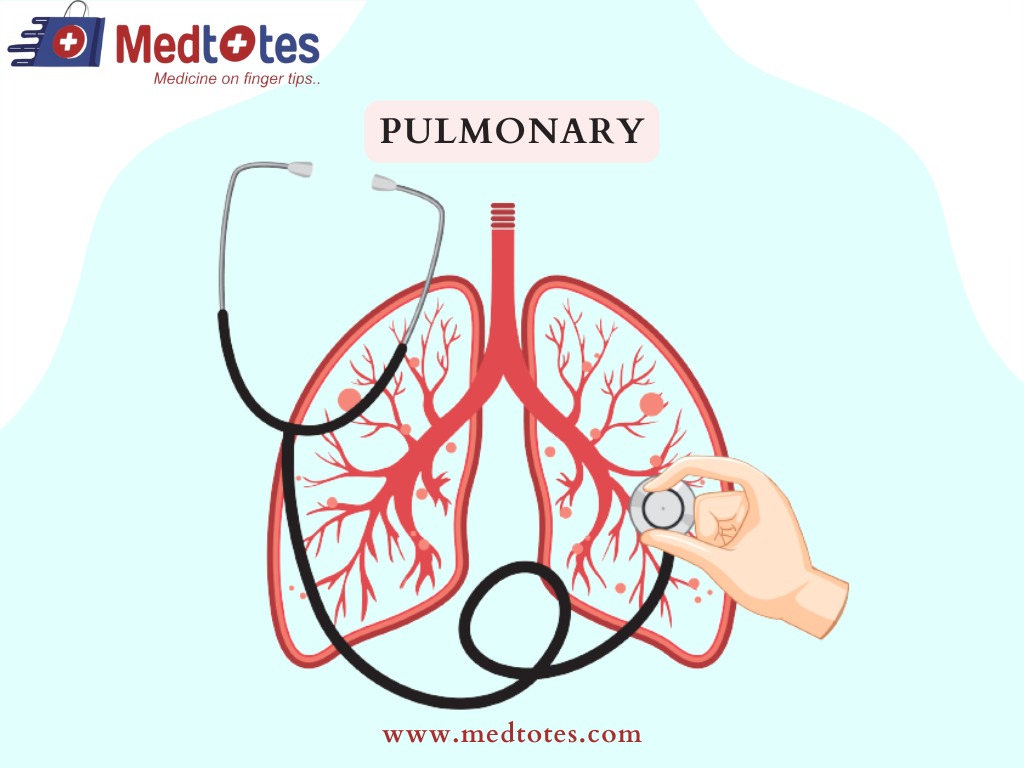Pulmonology is a branch of medicine that focuses on the respiratory system. The respiratory system consists of the organs that assist you in breathing. Lung disease refers to a variety of illnesses or conditions that impair the function of the lungs. Lung disease can impair respiratory function, or the capacity to breathe, as well as pulmonary function, or how effectively the lungs perform. If you have a persistent cough or difficulty breathing, your normal healthcare provider may refer you to a pulmonologist. This specialist specializes in the diagnosis and treatment of lung-related health issues. Lung diseases are critical when the illness may need long-term treatment. Lung disorders, such as asthma, mesothelioma, and lung cancer, are linked to environmental causes.
Pulmonary fibrosis is a devastating lung condition that lasts a lifetime. It promotes lung scarring (tissues scar and thicken over time), making breathing difficult. Symptoms might appear suddenly or gradually over time. Medications may help reduce scarring and preserve lung function. Staying active and using oxygen therapy may help alleviate discomfort. Chronic obstructive pulmonary disease, or COPD, is a set of disorders that produce airflow obstruction and breathing difficulties. Emphysema and chronic bronchitis are examples. Millions of people have COPD but have not been identified or are not receiving treatment.
Pulmonary diseases that a pulmonologist may identify and treat
- Asthma
- Bronchiectasis
- Bronchitis
- COPD (chronic obstructive pulmonary disease)
- Cystic fibrosis (CF)
- ILD (Interstitial lung disease)
- Cancer of the lungs
- Pleural effusion
- Pneumonia
- Pneumothorax
- Pulmonary embolism
- Pulmonary hypertension
- Rheumatoid arthritis of the lungs
- Sarcoidosis
- Obstructive sleep apnea
- Tension pneumothorax
- Tuberculosis (TB)
Reasons to visit a pulmonologist
- Having trouble breathing
- Having a chronic cough
- Coughing up blood or mucous on a frequent basis
- Having unaccounted for weight loss
- Having difficulty exercising due to breathing issues
Conclusion:
Finding a superb pulmonologist does not eliminate the necessity for a primary care physician. It’s the exact opposite. While pulmonologists have all of the abilities required to do primary care activities, their practice is solely focused on pulmonology. Chronic obstructive pulmonary disease (COPD) causes irreversible lung damage. You can, however, learn to control your symptoms. You will be able to breathe more easily if you take the required actions to strengthen your lung capacity and combat lung inflammation. You will have the best chance of continuing to do the activities you enjoy if you get therapy as soon as possible. Your primary care physician is responsible for managing all aspects of your health, including working with specialists (often many specialists) to ensure that treatment programmes are coordinated and that one treatment strategy does not damage the other. This is especially true when it comes to comorbid illnesses like COPD and heart disease.
For More Information or Contact…!!!
𝗖𝗔𝗟𝗟: 040 35159159
WhatsApp: 7075490607
𝗩𝗶𝘀𝗶𝘁: https://www.medtotes.com/
Drop us an email at:- support@medtotes.com
Download app:
Android: https://bit.ly/3Q3gQw8
iOS: https://apple.co/3nknQIm

